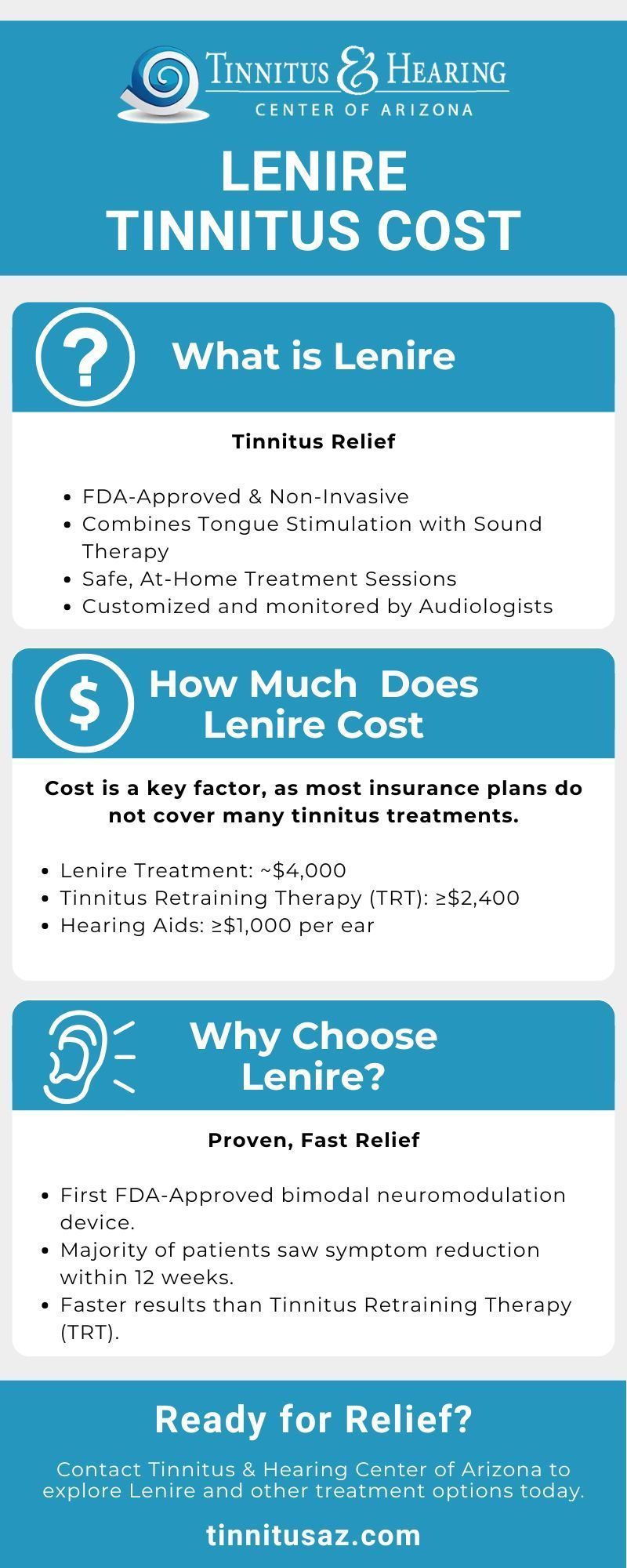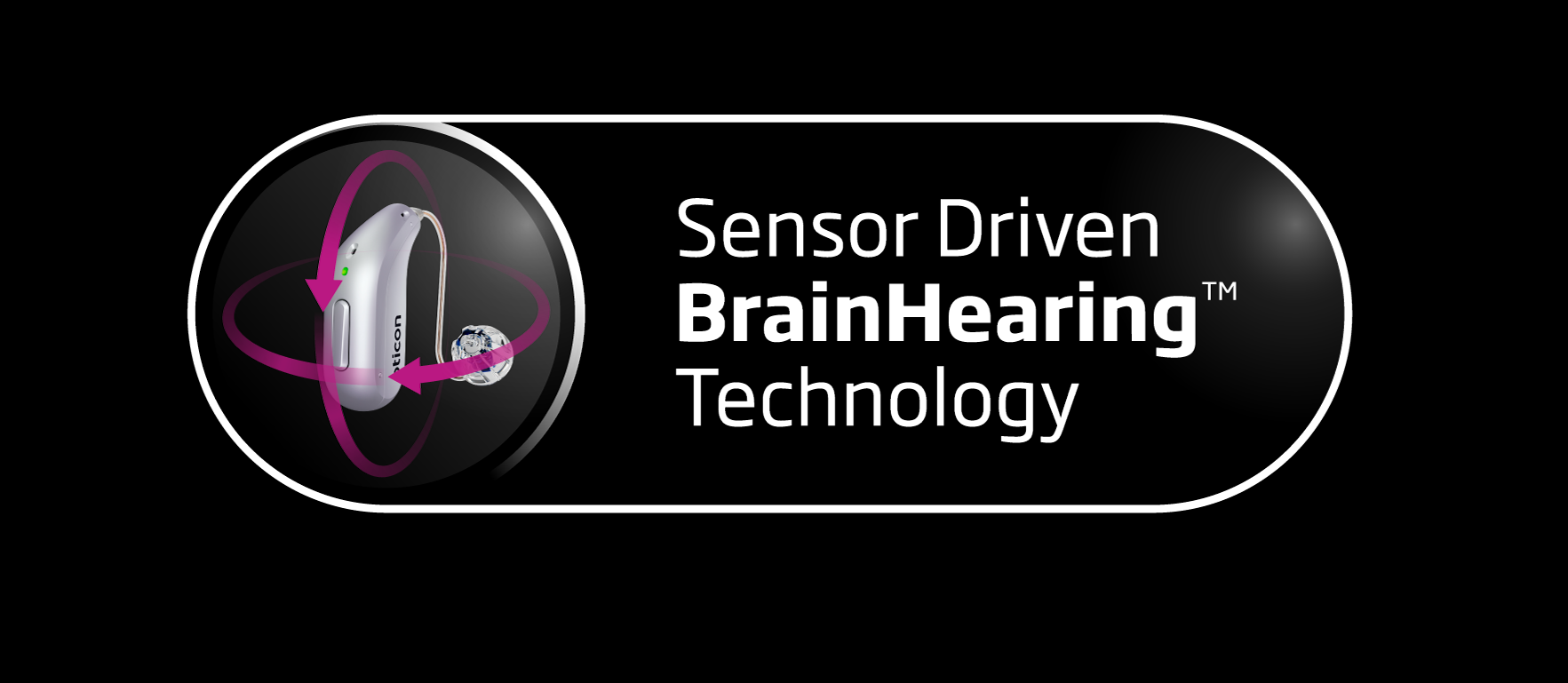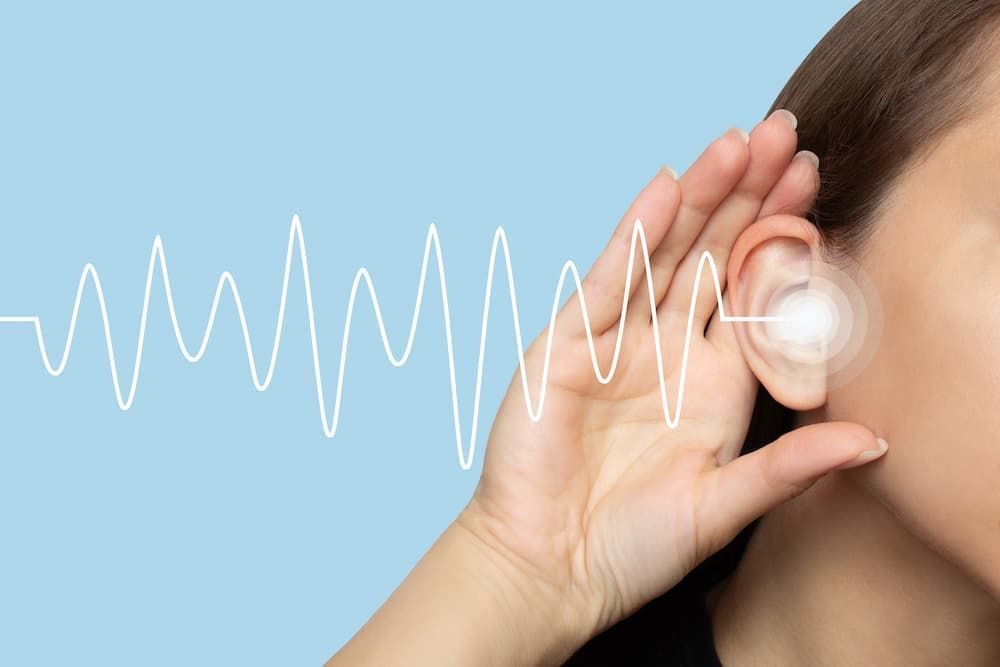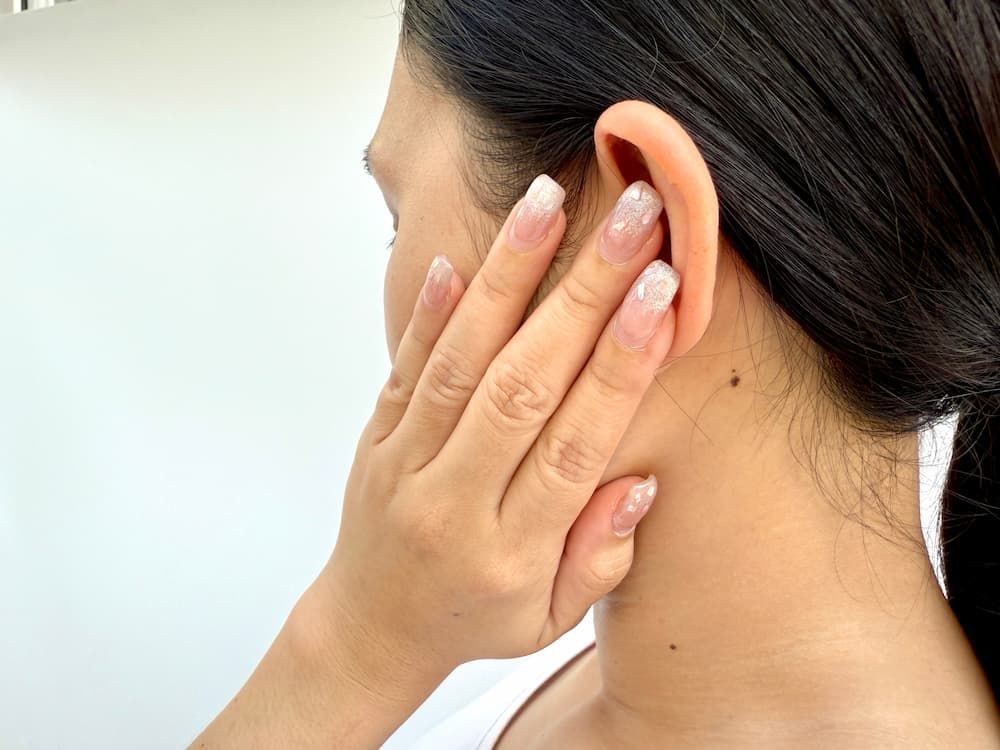Lenire Treatment Explained: Tinnitus Neuromodulation Therapy

Lenire Treatment Explained
Tinnitus, or a persistent ringing in your ears, is either physical or neurological. Even once you and your doctor determine the source of the condition, finding the right treatment is tricky. At the Tinnitus & Hearing Center of Arizona, we provide numerous different types of expert treatment that offer promising results in reducing or eliminating ear ringing. Lenire is an innovative option that can reduce ringing through bimodal neuromodulation. Learn more about the Lenire tinnitus treatment, how it works, and if you may be a good candidate for the treatment.
What Is Lenire?
Lenire is a device that transmits electrical impulses to the user's tongue and provides sound stimulation through headphones. Wearers receive sounds and stimulation to their tongues. The device is FDA-approved and non-invasive, allowing users to conduct treatment sessions at home. Audiologists can customize the fit of the Lenire system, tailor the sound and stimulations to best fit different patients' needs, and both guide and monitor sessions remotely. Lenire has undergone extensive testing and clinical studies, and it may be an effective treatment for people suffering from tinnitus when other treatments provide no results.
How Does Lenire Work?
Lenire is a small wearable medical device. Its dual approach provides bimodal (two modes) neuromodulation to manage how the brain processes both sound and touch sensations. Because it targets both the auditory system, which handles sound stimulation, and somatosensory systems, these devices can train the body to diminish the effects of tinnitus over time. While the device isn't a "cure" in and of itself, it helps the brain manage tinnitus by retraining the brain's neurons and helping people get sound relief from the condition.
To use it, people with tinnitus put on the headphones and place the TongueTip on the surface of their tongue. Then, they press play to start a bimodal neuromodulation session.
Lenire vs. Other Tinnitus Treatments?
Audiologists have tried to create many different treatment options for tinnitus over the decades. Some are more effective than others based on your unique needs and how tinnitus manifests. Here's a quick comparison guide as you start exploring the Lenire tinnitus treatment and other options.
Cost
Many tinnitus treatments and audiology services are not covered by most insurance providers, so cost can become an important factor in your decision. Depending on the clinic you select, the cost of Lenire tinnitus treatment can be around $4,000. Other treatments come at a wide range of price points, including:
- Sound generators, which can cost in the hundreds of dollars
- Tinnitus Retraining Therapies, which vary in cost based on program length but typically cost at least $2,400
- Hearing aids, which partially address tinnitus symptoms and cost at least $1,000 per ear
Effectiveness
Lenire has undergone extensive clinical studies and is the first FDA-approved bimodal neuromodulation device. The vast majority of patients saw a reduction in their tinnitus symptoms within 12 weeks. Popular alternatives include sound therapy (which is most effective when used with other treatments, Tinnitus Retraining Therapy (TRT), which helps the majority of patients experience sound reduction after three months, and surgery, which can help address physically caused tinnitus from otosclerosis and other sources.
How Long Does It Last?
Compared to many other treatment options, patients can see very fast results with Lenire. Patients in numerous studies experienced meaningful sound reduction in 12 weeks, compared to TRT, which requires between three and six months to see meaningful results.
Contact the Tinnitus & Hearing Center of Arizona for More Information
At the Tinnitus & Hearing Center of Arizona, we're committed to helping patients explore different treatment options and pursue meaningful sound reduction in their tinnitus condition. Many patients who experience tinnitus may be eligible for Lenire treatments. If Lenire is too expensive, we also offer evidence-based Rohe Method treatments. Contact us today to learn more about Lenire tinnitus treatment and other treatment options.
Image Source: Orawan Pattarawimonchai/Shutterstock












